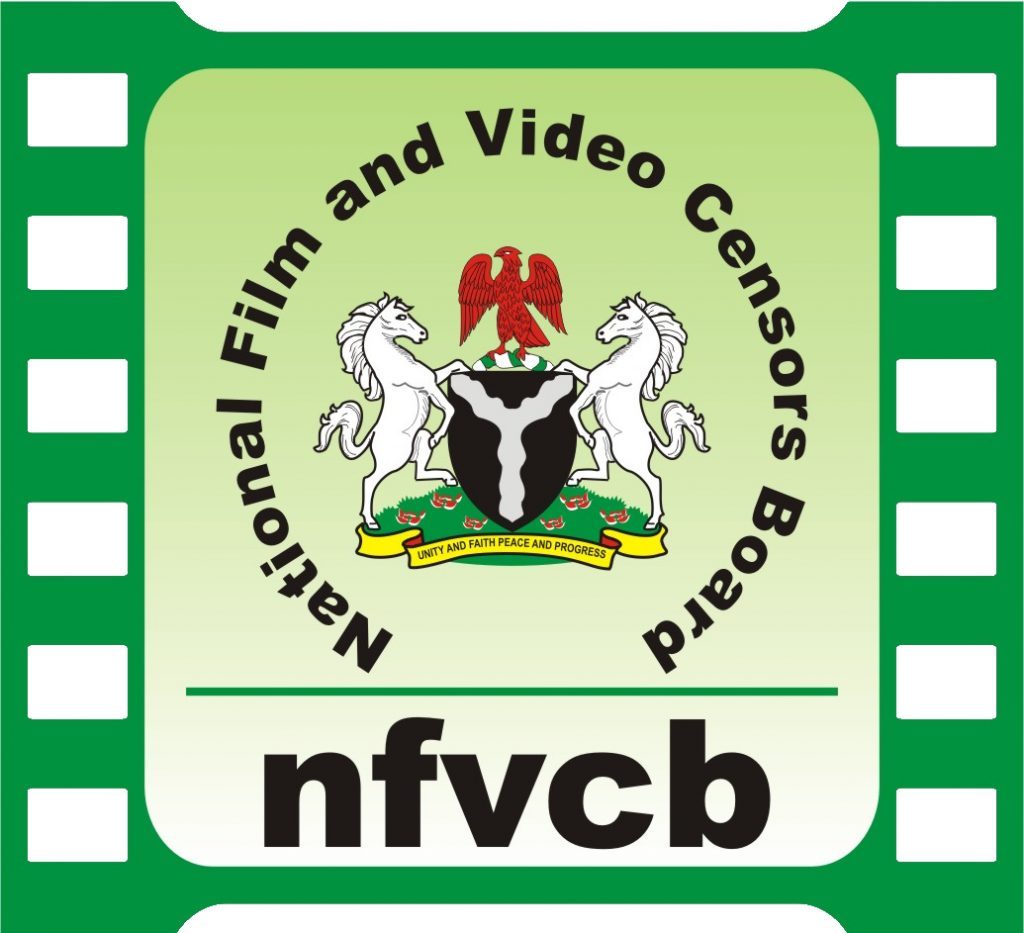During a visit to the NCC headquarters in Abuja, NFVCB’s Executive Director, Dr Shaibu Husseini, emphasised the pressing need for collaboration in the face of evolving threats to intellectual property.
“One of the most disturbing trends today is the piracy of Nigerian films on encrypted platforms such as Telegram,” he remarked.
Dr Husseini noted that such piracy robs content creators of due earnings, dampens creative incentives, and even poses risks to national security.
He also raised concerns about telecommunications operators streaming film content without acquiring the mandatory licences from NFVCB for exhibition and distribution.
Dr Husseini cautioned that these practices can expose the public to unregulated content, with potential cultural and security implications.

To respond to these challenges, he urged the NCC to require telecom operators to obtain NFVCB licences and proposed establishing a joint technical committee to harmonise regulatory oversight across platforms.
Speaking on behalf of the NCC, Rimini Makama, Executive Commissioner for Stakeholder Management, affirmed the regulator’s commitment to formal collaboration with the NFVCB.
She announced that the two bodies would soon sign a Memorandum of Understanding (MoU) to ensure prompt intervention against infractions.
Makama also disclosed that the NCC already operates a framework for Child Online Protection and pledged to investigate complaints of unlicensed streaming by telecom operators and piracy on platforms such as Telegram, which she described as a form of cybercrime.
Dr Husseini underscored that Nigeria’s film industry is not merely cultural but a crucial economic asset, stating, “Protecting it is in our collective national interest.”
He expressed confidence that the NFVCB–NCC partnership would foster a safer digital ecosystem and guarantee a fair marketplace for creative talents.


 Trending
Trending 









